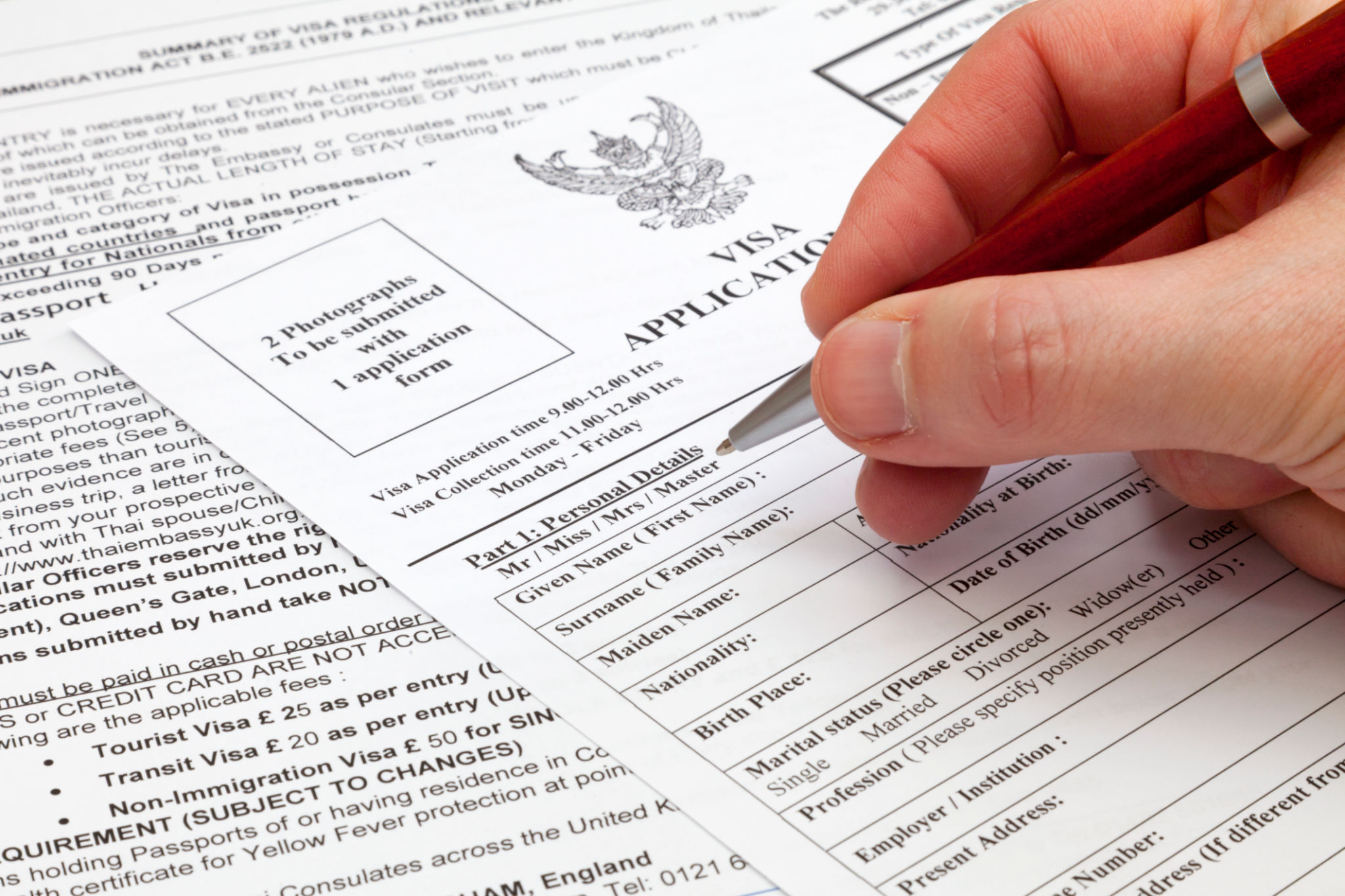Avoiding Overstay in Thailand: A Complete Guide to Visa Regulations
Traveling to Thailand is a dream for many, with its stunning beaches, lush jungles, and vibrant culture. However, as with any international travel, it’s crucial to understand the visa regulations to avoid overstaying. Overstaying your visa can lead to fines, detention, or even being banned from re-entering the country.

Understanding Visa Types
Thailand offers various visa options depending on the purpose and duration of your stay. The most common types include the Tourist Visa, Non-Immigrant Visa, and Visa on Arrival. Each visa type has specific requirements and limitations, so it’s important to choose the right one for your needs.
Tourist Visa
The Tourist Visa is ideal for those planning a short stay in Thailand for leisure purposes. This visa allows you to stay in the country for up to 60 days and can be extended for an additional 30 days. To apply, you’ll need proof of onward travel and sufficient financial means.
Visa on Arrival
The Visa on Arrival is available for citizens of certain countries and grants a stay of up to 15 days. This option is perfect for spontaneous trips but requires a confirmed return ticket and proof of accommodation. Note that extensions are not typically possible for this visa.

Consequences of Overstaying
Overstaying your visa in Thailand can result in severe penalties. The fines start at 500 baht per day and can accumulate quickly. If caught overstaying beyond 90 days, you may face deportation and a re-entry ban ranging from one year to ten years depending on the duration of your overstay.
How to Avoid Overstaying
To avoid overstaying, always keep track of your visa expiration date and make necessary arrangements ahead of time. Consider setting reminders or using apps designed to help travelers manage their visas. If you need more time in Thailand, explore extension options before your visa expires.

Visa Extension Process
If you wish to extend your stay, you can apply for a visa extension at the immigration office before your current visa expires. The process typically involves submitting an application form, passport-sized photos, and paying a fee. Extensions are usually granted for 30 days, but the decision is at the discretion of the immigration officer.
Leaving and Re-entering
An alternative to overstaying is leaving the country and re-entering to reset your visa. This method, known as a "visa run," involves crossing the border and returning to Thailand to obtain a new entry stamp. However, frequent visa runs may raise suspicions with immigration officials.
Understanding and complying with Thailand’s visa regulations ensures a stress-free visit. By carefully managing your visa status, you can focus on enjoying all that this beautiful country has to offer without the worry of legal complications.